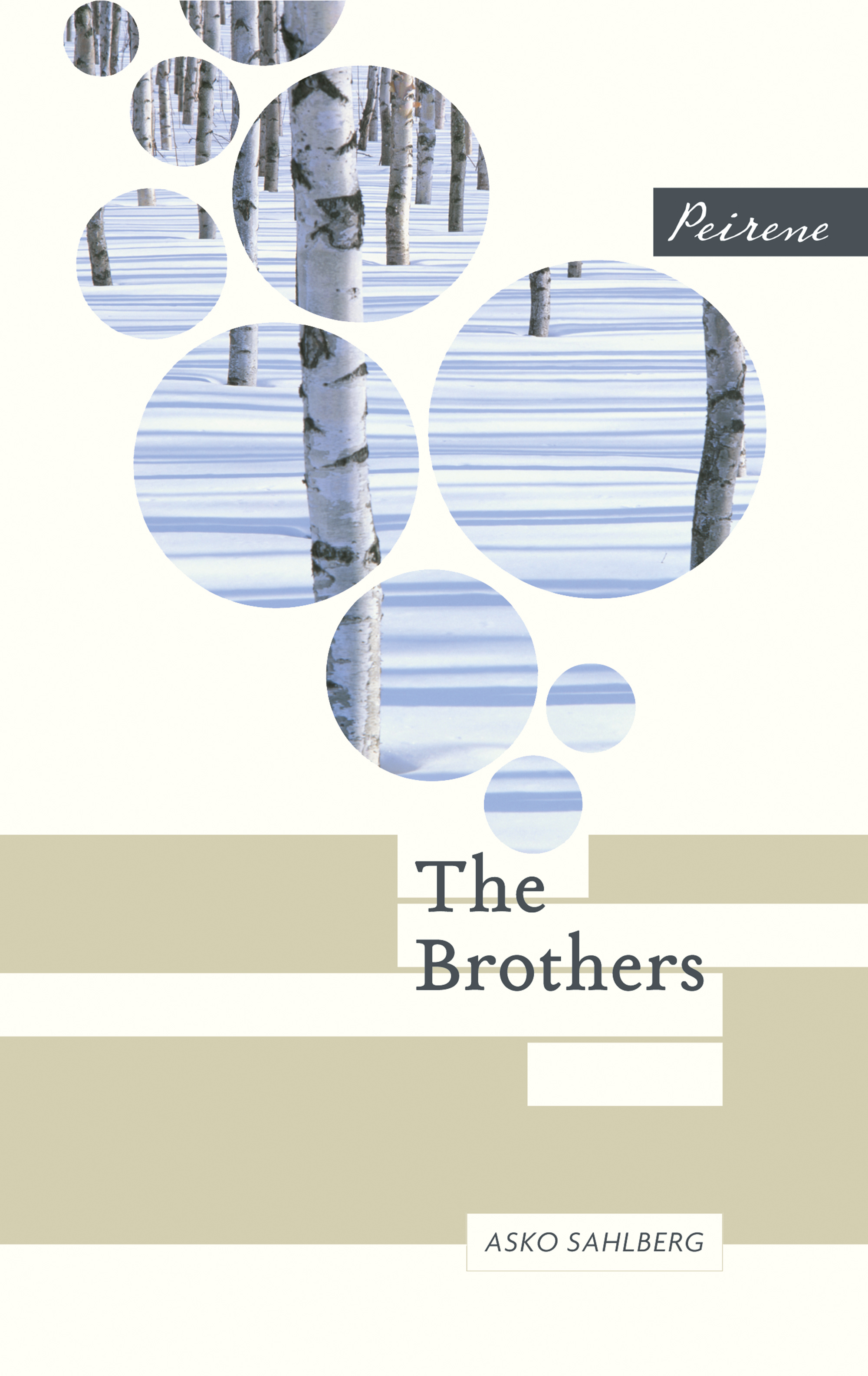Thursday, December 10, 2020
Tuesday, November 17, 2020
Monday, November 16, 2020
Coming Soon...
Tuesday, October 13, 2020
Thursday, September 10, 2020
Coming Soon...
by Ivana Dobrakovova

Monday, September 7, 2020
Drift in the Timeline
One Love Chigusa is set in the year 2091 AD. After a severe accident, Xie Hoyu's body parts are gathered,
engineered and brought again to functionality. After his release from the
hospital, Xie, now a cyborg, wanders the city in the Greater Beijing with partly restored memory, but he soon
loses the confidence to go on living2 – a feeling which he had
harvested even before his accident. Xie, a frustrated illustrator, never had
successful relationship with women, and now in his aimless drifting following the memory of his Quantum Data, he's unable to see the regular appearance of the men and women as he sees them passing on the streets - they have demonic, red and angry faces, and have indicators1
glowing on their chest. And in addition, he even has delusional visions and
experiences, and hears voices of unknown origins, which further troubles him in his new life and reality. As Xie Hoyu faces existential
crisis and seeks for a relief, while at a coffee shop, he sees a woman of
extraordinary beauty through the display window. To Xie's surprise, the woman could
smile and doesn't have a demonic face like everyone else, and on seeing her, his
desire to live is suddenly rejuvenated. From that moment on, Xie becomes
restless in the hope of seeing her again and knowing her. His days and nights,
and even nightmares are filled with the episodes where his urge to meet her becomes even more pressing.
1.
People without religion, ideology or faith, only
trust money as the measure of worth and value.
2. If there was a god, he needed to send Xie a
message explaining why he existed, what his purpose was and how he should keep
on living in this world. What reason was there? He wasn't capable of anything.
On one such day, while Xie Hoyu is in the coffee shop as usual, the girl reappears, and after following her path, he manages to locate her workplace and decides to wait for her. Meanwhile, we visit a story of despair from his artificially engineered memory bank, and also come across a voice ringing from inside his head that haunts him, and which provokes him to ponder over the Aryan race and history, domination and development in the light of war and science, electricity and nuclear power, and how all these have added to the world of science and technology. After the woman comes out of the plant (Shankal Electric), Xie follows her secretly along the transport network and dark alleys of the city, and even though a sense of futility and guilt develops in him doing this, unable to find a purpose and unable to let go of the motivation to live he developed after seeing the girl, he follows along. As he grapples with the question and meaning of his existence3, questioning his every move, mode and intentions, he finally encounters the woman he'd been following – the woman of utmost beauty, smile and calm. Xie becomes euphoric and is soon filled with inordinate passion for Chigusa. The naïve and pure conversations on love and the sentiments of heart4 lead them to develop a close relation. But the story takes a sharp turn, when all the hidden details - odd and strange - start to make meaning towards the end, leaving us with the identities of Xie Hoyu and Chigusa in the midst of a despair, and in the depth of possibilities and further questions.
3.
Humankind – why is it organized like this? Why
is it that these creatures live and populate this earth? Does all this any
meaning? Sexual reproduction, and creatures that relied on it, was becoming
less and less important in a civilization now dominated by cutting-edge
technologies. Humans were no more than faded supporting actors, old-fashioned,
with primitive ideas, about to leave the stage. Singularity… In the old days,
it was fashionable to talk about that. You never hear that word now. It is
never on anyone's lips. Why has that happened?
4. 'When one leaves one's own self-interest behind, when one's hopes and decisions are moved by a feeling for others. This is the heart...'
One Love Chigusa has set one foot
on the meaning of human existence and love, and the other one on the visions of
the future where AI might overtake the humans and for better or worse. The
story has everything to be a modern classic sci-fi novella, an existential
brainstorm, and a love story that connects the world that we experience and the world that is close at hand. The story definitely makes one wonder and question
the sorrows of the existence – excited with the possibilities of the future,
and filled with dread for our place on this planet as well. The birth of new
realities that will define and weigh our existence and identity can be profoundly
sensed in this story set in the future. We're left with the question - Is there any place for love in the far more mechanical world where our core human values may not weigh like now and when they may lose their present identity?
Finally, the 6th Red Circle
Minis has added a new storey to the already towering reputation of the series.
Translator: David Warren
Publisher: Red Circle Authors
Author's Photo Source: https://www.redcircleauthors.com/our-authors/soji-shimada/
Monday, August 17, 2020
Coming Soon...
by Rodaan Al Galidi

Saturday, August 8, 2020
Coming Soon...
by Luigi Pirandello

Friday, August 7, 2020
Friday, July 17, 2020
Friday, July 10, 2020
Coming Soon...
by Can Xue
Translated from the Chinese by Karen Gernant and Chen Zeping

Thursday, July 9, 2020
Coming Soon...
by Sinan Antoon
Translated from the Arabic by Jonathan Wright

The Storms After


Thursday, June 11, 2020
Tuesday, June 2, 2020
The Island of Hope and Tears
Coming Soon...

Lifting the Family Shroud


Coming Soon...
by Hamid Ismailov
Translated from the Uzbek by Shelley Fairweather-Vega

Wednesday, May 13, 2020
Coming Soon...
by Asko Sahlberg
Translated from the Finnish by Emily Jeremiah and Fleur Jeremiah

New Life






































